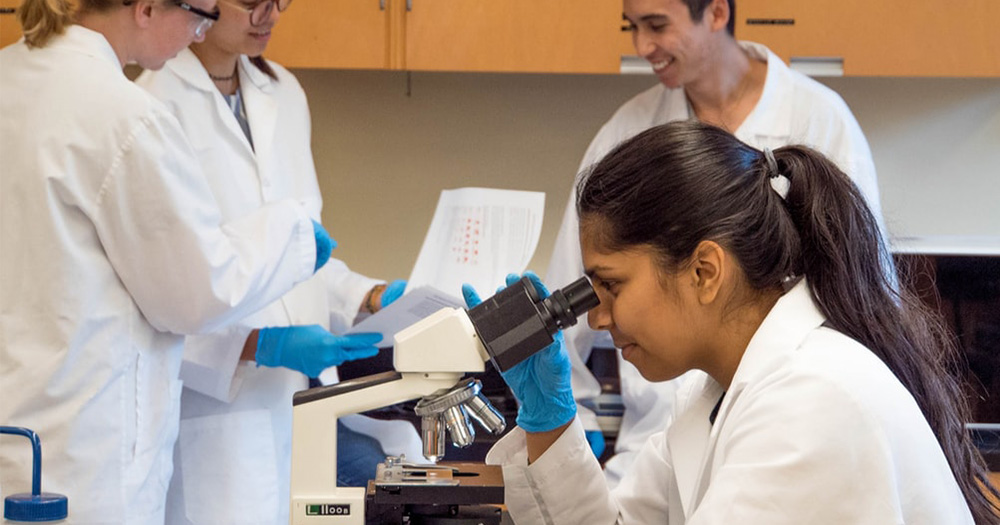A rare genetic anomaly that creates a resistance to HIV has been discovered by researchers from the Institute of Health Carlos III, Madrid.
Blood samples were taken from 23 distantly-related donors, each with a particular form of muscular dystrophy. When scientists introduced HIV to the taken samples, the virus failed to replicate.
According to the study, the muscle disease of the donor’s produced a mutation of the TNPO3 gene, which is required for spreading the virus throughout the blood.
A virologist working on the study, José Alcami, stated: “This helps us to understand much better the transport of the virus in the cell.”
There is currently a 2030 deadline to end the AIDS epidemic set by the United Nations.
There is also a set target of 90-90-90 by 2020: where 90% of people diagnosed with HIV will receive antiretroviral therapy (ART); 90% of all people living with the virus will know their status, and 90% of people receiving ART will be untransmittable.
Recently, Public Health England released new data showing a 6% decline in new diagnoses of HIV in England. In 2015, there were 6,271 new diagnoses in comparison to 4,484 in 2018, a 28% fall over the last few years.
Director of Policy at National AIDS Trust, Kat Smithson, said, “Unfortunately, today’s data shows we are still not tackling late diagnosis of HIV. This is where we must redouble efforts; we cannot be complacent.”
Ian Green, Chief Executive at Terrence Higgins Trust, said, “We also need to ensure access to and awareness of HIV prevention pill PrEP, the normalisation of regular HIV testing, and to invest in sexual health services across the country to make sure they are properly funded to meet rising demand.”
The normalisation of HIV testing is a vital issue in today’s society, as highlighted by a study conducted by Glasgow Caledonian University and the University of Glasgow. The research shows that older men are less likely to undergo HIV testing due to the lingering impact of stigma from living through more homophobic times.
Alastair Rose, from the Waverley Care HIV charity, said, “We need to ensure that we provide services that are tailored to meet the needs of this population, reaffirming the changing landscape of HIV treatment and prevention, and de-stigmatise the sex men have with each other.”
© 2019 GCN (Gay Community News). All rights reserved.
Support GCN
GCN is a free, vital resource for Ireland’s LGBTQ+ community since 1988.
GCN is a trading name of National LGBT Federation CLG, a registered charity - Charity Number: 20034580.
GCN relies on the generous support of the community and allies to sustain the crucial work that we do. Producing GCN is costly, and, in an industry which has been hugely impacted by rising costs, we need your support to help sustain and grow this vital resource.
Supporting GCN for as little as €1.99 per month will help us continue our work as Ireland’s free, independent LGBTQ+ media.
